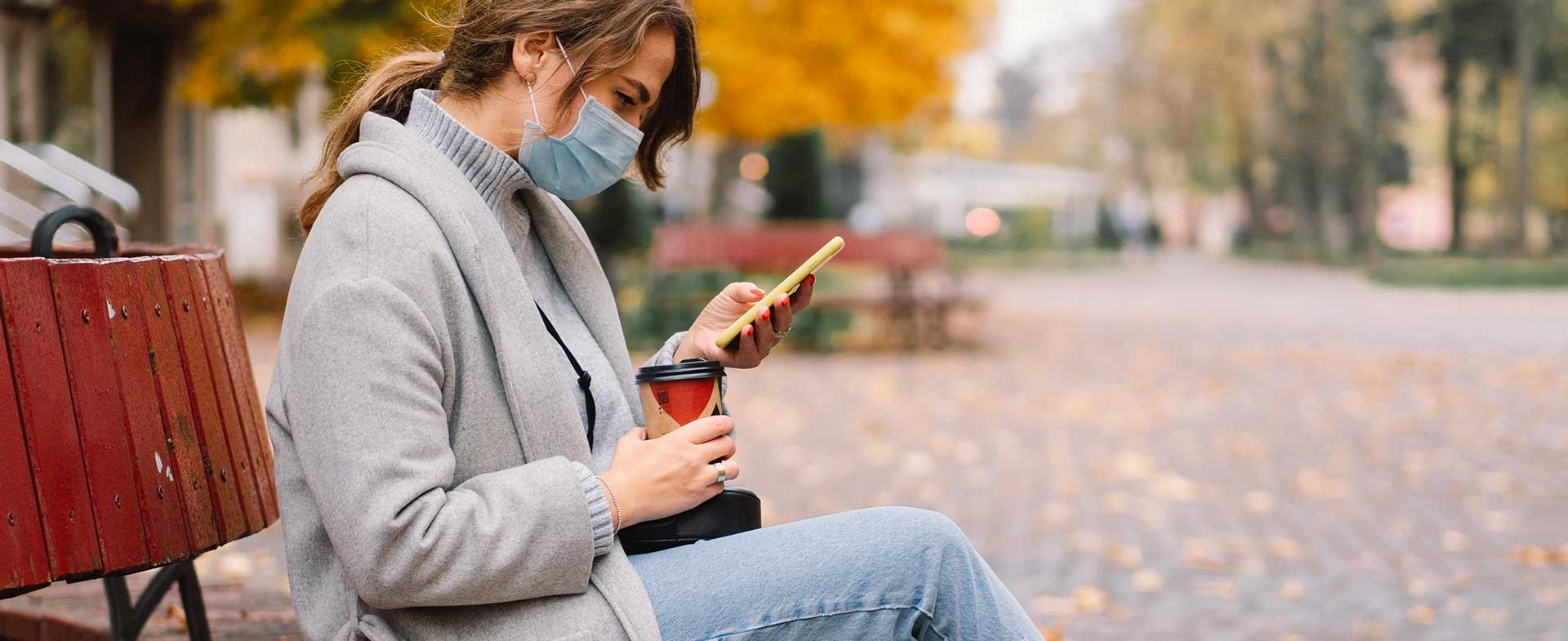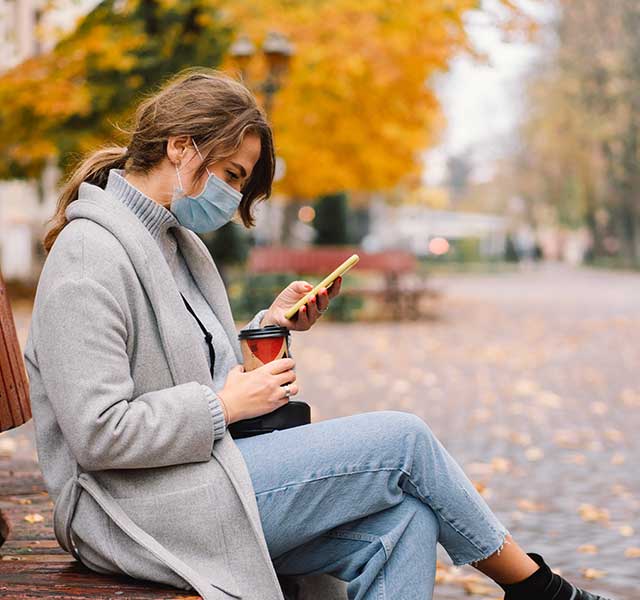There have been more than 95 million confirmed cases of COVID-19 in the United States. (Key word confirmed--that’s not even counting unconfirmed cases.) At this point, it seems more unlikely to find someone who hasn’t had COVID-19 than someone who has. But they’re out there. And these “novids,” as they’re colloquially called, are wondering how they’ve managed to dodge the virus for two and a half years.
“Some people who say they haven’t had COVID-19 may have had mild symptoms that they brushed off as a cold or allergies,” says Dennis Cunningham, M.D., medical director of infection control and prevention at Henry Ford Health. Other novids may work from home, so they’re less likely to be exposed to COVID-19. And if they take extra precautions along with getting vaccinated—such as social distancing and wearing a mask in public—their chances of getting COVID-19 decrease even further.
But what about the others? Those lucky people who have had confirmed (and perhaps repeated) COVID-19 exposures yet experience absolutely no symptoms? Research is showing that they may be genetically protected from COVID-19.
The Link Between Your Genetics & COVID-19
Since the start of the pandemic, scientists have been investigating whether some people are genetically “immune” to COVID-19. This is actually the case with HIV: some have a genetic mutation that prevents the virus from entering their cells. No matter how often they’re exposed, they stay negative.
With COVID-19, researchers haven’t discovered a genetic mutation that makes anyone completely immune (not yet, at least). It’s not that the virus can’t infect their cells—as is the case with HIV—but rather that their immune system goes into attack and clears COVID-19 from their body even before they develop symptoms.
How does this happen? One in ten people may have a gene mutation that allows antibodies and T cells to be at the ready—which they developed when they contracted other coronaviruses, like the common cold—to immediately fight off COVID-19. Since these antibodies and T cells are already available, and your immune system doesn’t need to take time to develop an immune response, the virus doesn’t have time to spread throughout the body and cause illness.
If you haven’t gotten sick from COVID-19, you could be one of these one-in-ten people—but it’s best not to test the waters. The reason you haven’t gotten ill with COVID-19 might not be due to this gene alteration, but rather due to vaccination or just pure luck. That’s why Dr. Cunningham still recommends taking precautions and getting your COVID-19 booster.
“People say the same thing with the flu—‘I don’t need the flu shot because I’ve never had the flu,’” says Dr. Cunningham. “But the next exposure could be the time you get it. Not to mention the fact that people aren’t wearing masks as often—and COVID-19 precautions have been relaxed outside of the healthcare setting—so COVID-19 may be easier to contract.”
Henry Ford Health is offering the Pfizer bivalent booster to established patients. Appointments can be made via MyChart. For COVID-19 vaccine updates, visit henryford.com/coronavirus/vaccine-faqs.
Dr. Dennis Cunningham is the medical director of infection control and prevention at Henry Ford Health.



